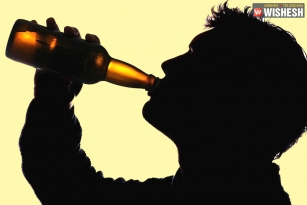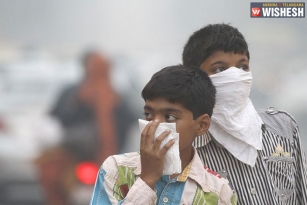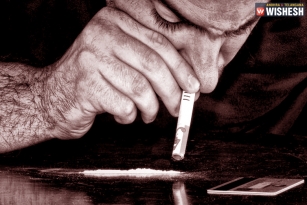
There are definitely certain scenarios in life, where we ourselves do not know what we want… here the clarity is missing… we also would come across certain situations where we do not have a clarity as to why did we behave or react to the situation in a given manner… over hear, the control on our mood swings is missing… let’s find out more about the same;
Mood swings could be further defined as;
Feelings and emotions are explained by the term mood.
Event-thought-feeling-behavior is all connected.
Your behavior or reaction to an event will affect to a greater extent your feelings and thoughts.
Occasionally this series of operations cause a person to go in a downward spiral and become increasingly depressed.
On the other hand it may result in an upward spiral with increasing elation.
Bodily processes both physical and biological can be influenced by behavior, thoughts and mood.
Mood swings can be a detrimental force on the quality of a person’s life.
Dictionaries often define mood as a state of mind, or a prevailing feeling or emotion. Each mood is distinct, yet they blend into one another, and moving through a spectrum of moods is a normal and appropriate response.
Our mood can play a significant role in how we live our lives. When we are happy, we tend to concentrate on the good things and ignore the negative aspects of things that happen around us. Similarly, when we are sad, we may be unable to think of anything but those negative aspects, to the extent that we may avoid the people or the activities that would help to mitigate the sadness and banish the mood.
Most of us experience quite intense moods in response to the events that occur in our lives. Some people, however, experience such dramatic ups and downs that they find it difficult to enjoy a good quality of life. These dramatic swings in mood may be extreme responses to external events, or they may have their origin in internal changes in the body’s chemistry.
When mood swings are problematic, it could signify the presence of a mood disorder. There are several mood disorders, among them chronic depression, major depressive disorder and manic–depressive disorder (sometimes called bipolar disorder). The first two are characterized by periods of depressed mood interspersed with periods of normal mood. The third encompasses both downswings and upswings, and in the extreme these can take the form of cycles of very severe depression changing very rapidly to mania.
Symptoms of depression may include:
• insomnia (or increased sleep)
• reduced (or increased) appetite
• feelings of worthlessness
• recurrent thoughts of death
Symptoms of mania may include
• reduced need for sleep
• excessive pursuit of pleasure
• more talkative than usual
• grandiose ideas
Try managing your mood swings by identifying them sooner, if not there is no harm in going for an expert opinion for a better you!

























